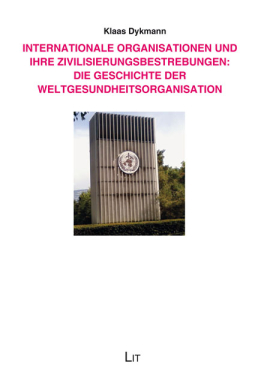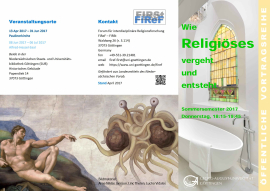|
If the newsletter does not display properly, please click here. |

|
|||||
|
|||||
|
Dear colleagues,
Best, Johannes |
|||||
|
|||||
|
|||||
|
|||||
Reflexions from NahidDear Colleagues, As I watched the French Presidential debates on Tuesday night and read this article today, I realized how much I miss the opportunities we had at the coffee hour and Eranos gatherings to discuss contemporary issues that relate to our project. I am sending the link to the article. I found it interesting not only for the informative content about the contemporary situation in France, but also for what the article and the presidential debates fail to focus on adequately regarding Islamist radicalization. The article mentions the following factors that have been important in the rise of third generation jihadist violence in France (not necessarily in order of appearance or importance):
All this is true, but in my opinion they do not put enough emphasis on the almost total failure of social and economic integration of Muslim populations. Many have been 'put away' in crowded public housing complexes in the suburbs, with bad schools, bad teachers, constant humiliating police raids, few job prospects for those who do manage to study, few vocational training possibilities, and general social discrimination. As a result, the largest prison population in France is Muslim. (It reminds me of the situation of black Americans.) If these young men and women had been educated and had job prospects, and saw themselves as accepted members of French society, would they be so vulnerable to violent and often suicidal ideologies and actions? ONLY ONE of the presidential candidates--one with no prospects for election--even mentioned the need to focus on the economic and social conditions in the isolated Muslim suburbs as one of the ways of combatting terrorism. Most of them talked about the need to create focusgroups, to increase the police and military in numbers and arms and to limit immigration! Anyway, as Germany grapples with new waves of immigration from Muslim countries and engages in policy discussions about integration, I thought that this French example would be useful to contemplate. By the way, thanks to the excellent report by Tarek and Sana, I recognized the name of the the keynote speaker at the conference in Switzerland--Imam Tareq Oubrou--who is quoted in this article. Best wishes to all for a lovely, happy, and productive spring. Nahid
|
|||||
|
Kolleg-Forschungsgruppe "Multiple Secularities - Beyond the West, Beyond Modernities" Nikolaistraße 8-10, 04109 Leipzig Mail: multiple-secularities@uni-leipzig.de |


